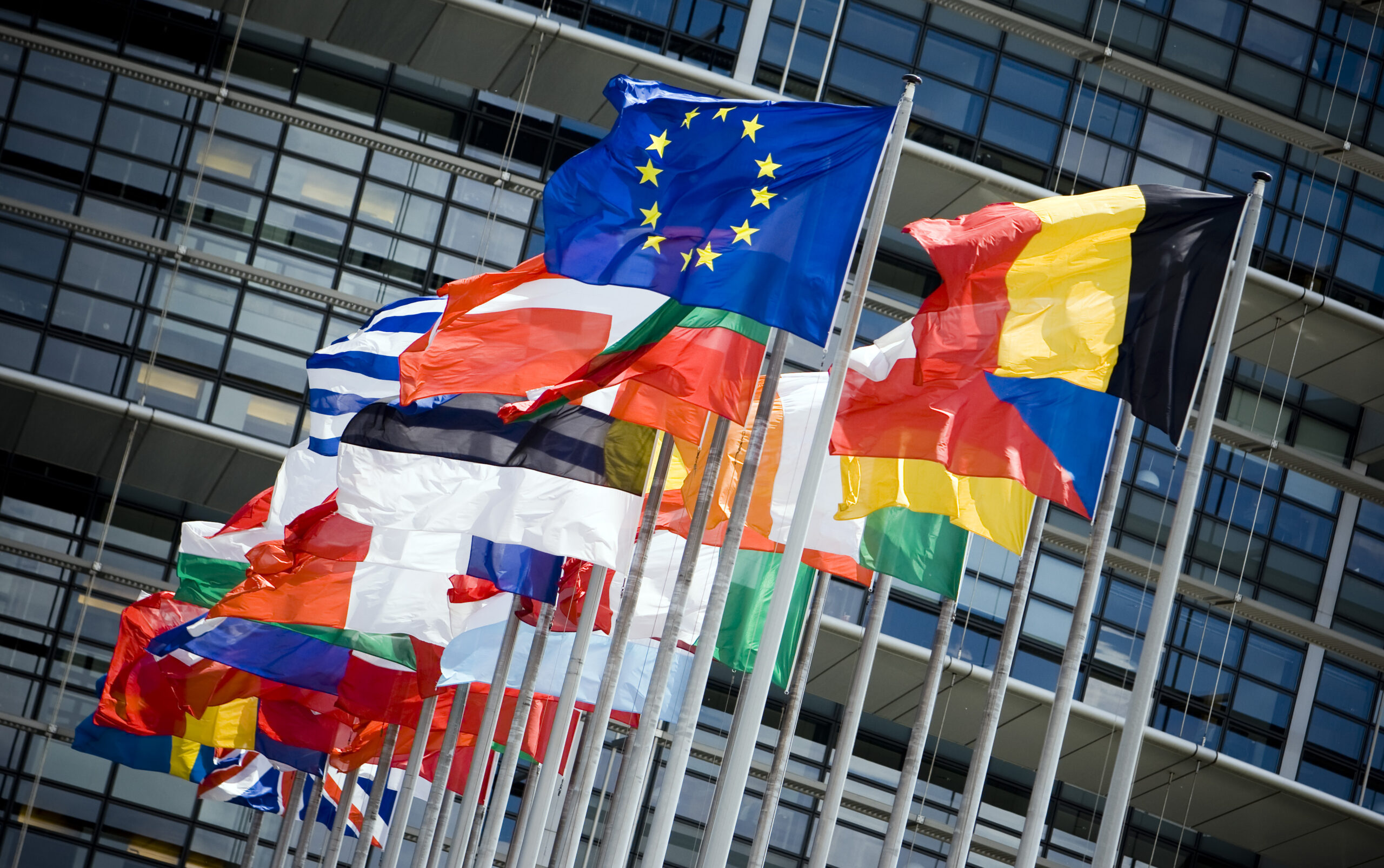Of the 139 countries that agreed on the new global minimum tax on Thursday on international tax reform, 9 are missing. Among them, three are members of the European Union (Ireland, Hungary, Estonia), two are African countries (Kenya, Nigeria) and two are known to be fiscal havens (Barbados-Saint-Vincent and the Grenadines). In addition Peru, which abstained from signing for lack of government, and Sri Lanka.
But what catches the attention of our experts is the absence of Ireland whose tax rate - 12,5% displayed but in reality closer to 2 to 3% - made fortune by attracting on its soil billions of dollars in profit from American corporations. The Irish government has long been opposed to such reform. According to his calculations, the creation of a minimum corporate tax rate would result in a loss of tax revenue of € 2 billion to € 2,4 billion in the Irish budget, or one fifth of total corporate tax revenues.
Estonia and Hungary, meanwhile, are the last Eastern European countries to resist. In the post-Soviet era, these countries generally engaged in a strategy aiming, through favorable taxation, to attract investment from companies needing a workforce with low added value. Hungary thus has a nominal tax rate of 9,5%. Estonia, for its part, exempts from all taxes profits which are not distributed, otherwise a rate of 20% is applied. "These countries are reluctant to break their development model," indicates a source familiar with the matter. In the negotiations, Estonia thus demanded the possibility of not taxing retained profits for a period of 4 years. They were opposed to an end of inadmissibility.
Barbados-Saint-Vincent and the Grenadines are the last two countries with very low taxation to steer clear. They risk finding themselves isolated as not only have all the major economies signed on, but also many reputable tax havens such as Bermuda, the Cayman Islands and the British Virgin Islands. Nigeria and Kenya, meanwhile, are members of the G24 which represents the interests of developing countries.
They criticize the fact that pillar 1 of the reform on the distribution of rights to tax the surplus profits of multinationals concerns only a hundred companies. They want to increase the number. The agreement envisages it however, but with a distant horizon. In 7 years, a review clause could make it possible to lower the threshold for global turnover of the companies concerned to $ 10 billion, against $ 20 billion today.






